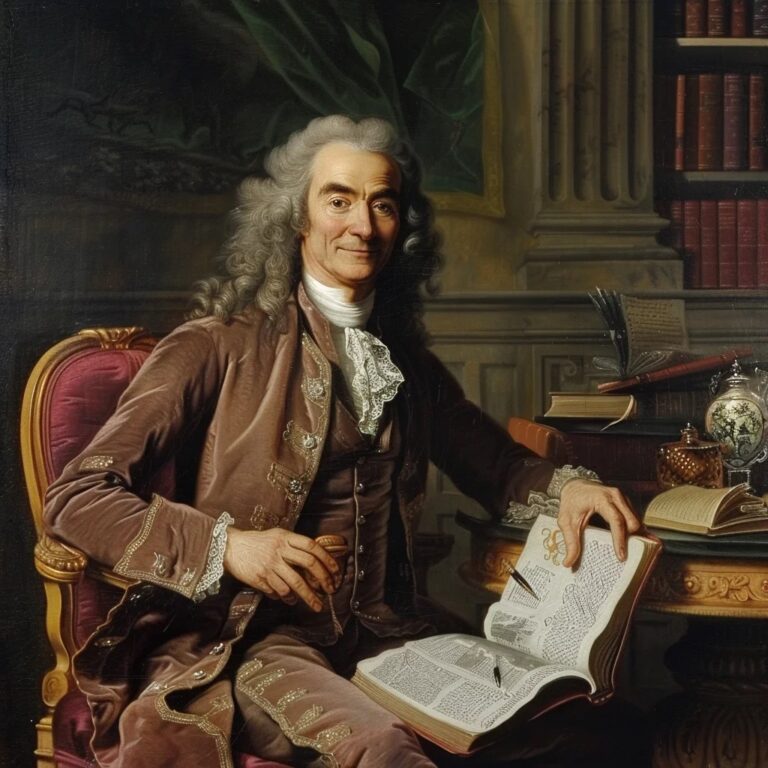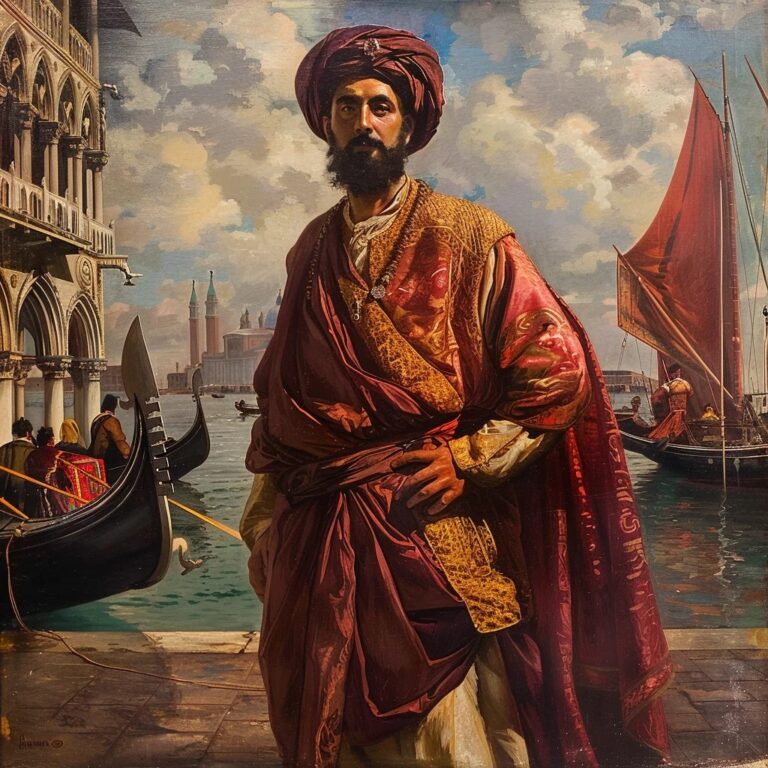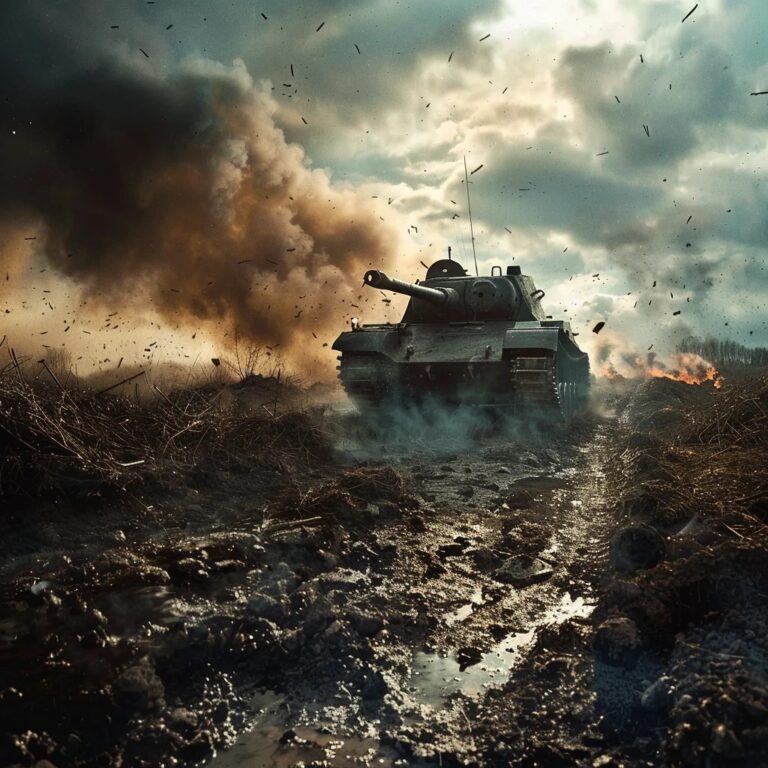Voltaire was born on November 21, 1694, in Paris, France. His real name was François-Marie Arouet.
He adopted the pen name Voltaire, which is believed to be an anagram of 'Arouet le jeune' (Arouet the younger).
Voltaire was imprisoned in the Bastille for 11 months due to his satirical writings about the French government.
He spent three years in exile in England, where he was greatly influenced by the country's constitutional monarchy and respect for civil liberties.
Voltaire's most famous work, 'Candide,' is a satirical novella that criticizes optimism and organized religion.
He was a prolific writer, producing more than 20,000 letters and 2,000 books and pamphlets.
Voltaire was a strong advocate for freedom of speech and religious tolerance, often challenging the Catholic Church and French institutions.
He corresponded with many influential figures of his time, including Frederick the Great, Catherine the Great, and Benjamin Franklin.
Voltaire's wit and sharp tongue often got him into trouble, leading to several exiles and conflicts with authorities.
He was known for his love of coffee, reportedly drinking up to 40 cups a day.
Voltaire amassed considerable wealth through smart investments and his involvement in various business ventures.
He was a deist, believing in a rational God but rejecting organized religion and the supernatural aspects of Christianity.
Voltaire's writings and ideas significantly influenced the French Revolution and the development of modern democratic thought.
He lived at his estate in Ferney (now Ferney-Voltaire) near the Swiss border for the last 20 years of his life, turning it into a hub of intellectual activity.
Voltaire died on May 30, 1778, in Paris, and his remains were moved to the Panthéon in 1791, where he is interred alongside other great French thinkers.


